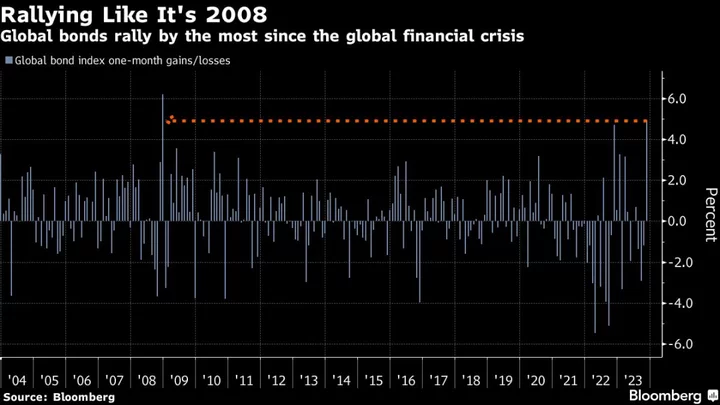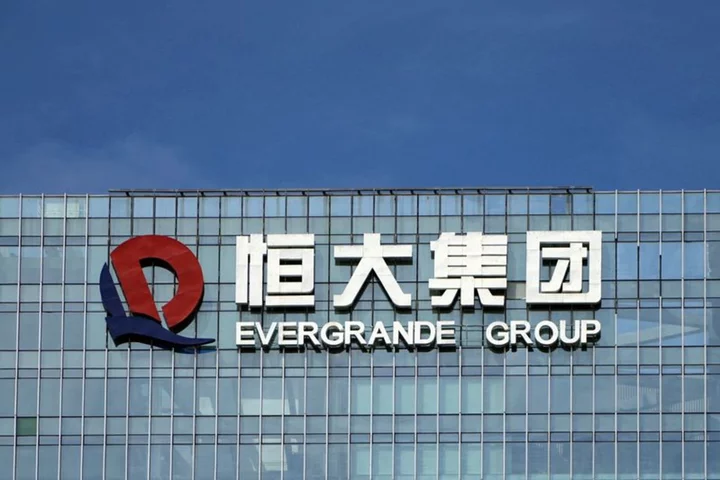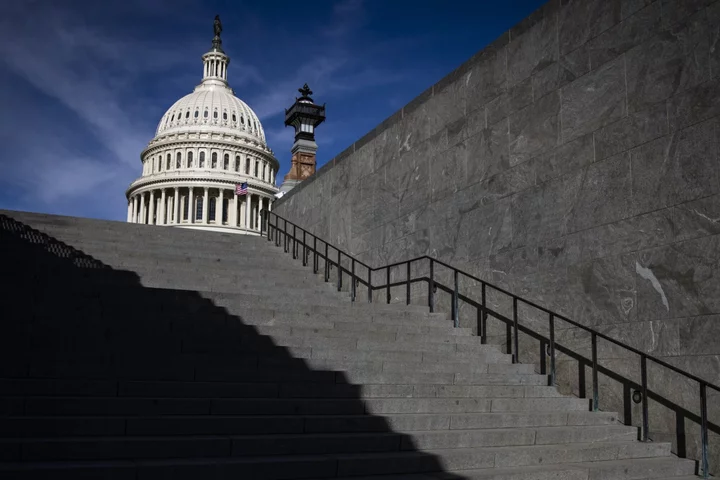By Kevin Buckland and Ankur Banerjee
TOKYO/SINGAPORE For Japan's long term bond investors, an end to the Bank of Japan's stifling control of market yields can't come soon enough.
Life insurance companies and pension funds in Japan have for months been positioning for an end to the BOJ's ultra-loose yield-curve-control (YCC) policy, by flushing out their loss-making offshore bond holdings and switching into yen. That yen hoard has mostly been held as cash with the aim of ploughing into Japanese bonds when yields eventually turn higher.
Their patience will be tested again, with market participants unanimously confident the BOJ will yet again commit to ultra-easy policy this Friday, despite rising inflation and a pick up in economic growth.
"We're all waiting for the end of YCC so we can buy JGBs," said a Japanese pension fund manager who requested anonymity as he is not authorized to speak to media. "Everyone, pensions and lifers, is thinking the same thing... the sooner the better!"
Speculation over an end to YCC, under which the BOJ defends a 0.5% cap on 10-year yields, has swirled since December as investors prepared for then BOJ Governor Haruhiko Kuroda, the architect of the decade-long massive asset-buying programme aimed at lifting Japan out of deflation, to step down.
While bond bears betting on monetary tightening have been thwarted repeatedly by the BOJ's interventions, they also think YCC's end is nigh, given inflation has exceeded the BOJ's 2% target for a year and the policy has drawn public criticism for distorting markets and crushing bank margins.
In interviews and media conferences at the beginning of Japan's new fiscal year in April, many domestic life insurers, including Nippon Life Insurance and Sumitomo Life Insurance, were convinced that Kuroda's replacement, Kazuo Ueda, would tweak or even abandon YCC at the June policy meeting.
Japanese banks have ploughed money into overseas bonds, but insurance firms and pension funds have kept their powder dry. A weak yen had made hedging costs on Treasuries and other foreign bonds exorbitant, and low yields and the risk of a selloff in yen bonds should the BOJ move, had made investing at home unattractive.
Insurance companies have sold 1.47 trillion yen ($10.50 billion) worth of foreign bonds so far this year.
The BOJ is stalling, keen to avoid the mistakes of the premature monetary tightening in 2000 and 2006. The more it delays a start to policy tightening, the higher the paper losses on idle cash for lifers and pension funds.
MARKETS WONT BLINK
Such is the positioning and inertia among long term Japanese investors that analysts expect markets to barely blink even if the BOJ plays for time this week.
The 10-year swap rate is at around 0.6%, closer to the yield target and well down from the 1% levels during the feverish speculation over the end of YCC in January. Other market dislocations too have eased.
Lifers and pension funds say they have very little exposure to Japanese government bonds, so a surprise policy change won't hurt them either.
Bart Wakabayashi, a branch manager at State Street in Tokyo, said the BOJ might change some wording or tone in its message this week.
"The BOJ definitely doesn't want to be the reason for any negative impact on the economy, so it will be gradual," he said.
"I don't think June is going to be a major surprise, but jeez, they have surprised before."
By its very nature, tweaks to YCC need to be sudden to prevent any frontrunning by bond holders.
Hirofumi Suzuki, chief FX strategist at SMBC and one among a minority of hawks, expects the 10-year JGB yield band to be widened to 75 basis points from the current 50 basis points on Friday, and for the short term policy rate to rise to +0.1% from -0.1% in the first quarter of 2024.
"For many domestic players, when the 10-year JGB yield hits 1%, it's time to consider buying and increasing their exposure," Suzuki says.
Time is running out for some long term investors in any case as the financial mid-year in September could force them to stomach losses and buy JGBs in order to meet investment quotas, analysts say.
($1 = 140.0400 yen)
(Reporting by Kevin Buckland in Tokyo and Ankur Banerjee in Singapore; Editing by Vidya Ranganathan & Shri Navaratnam)









